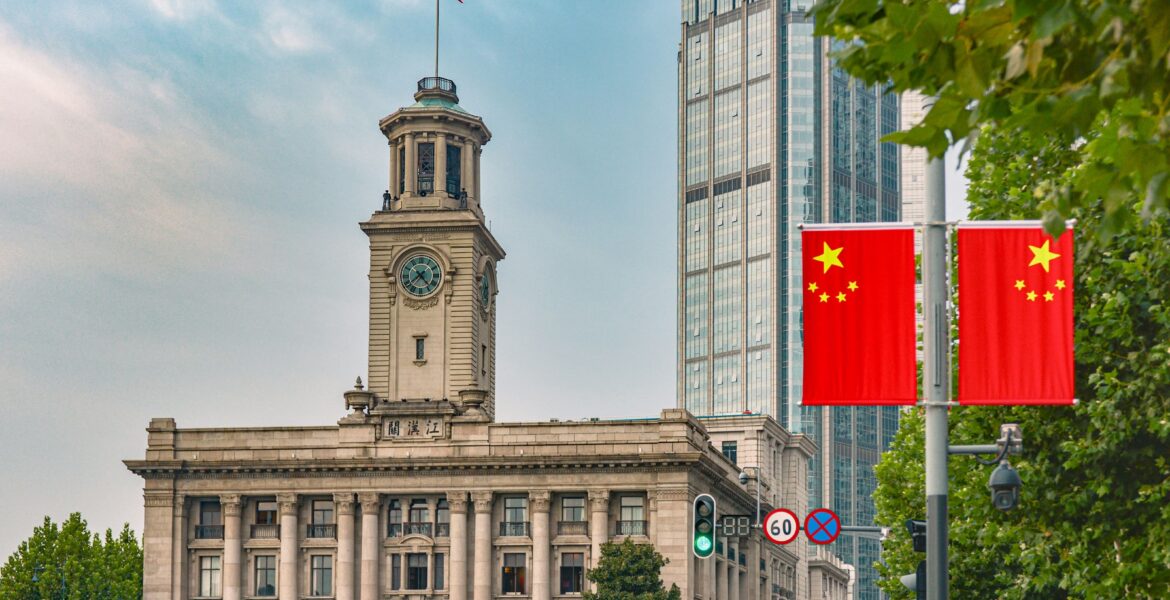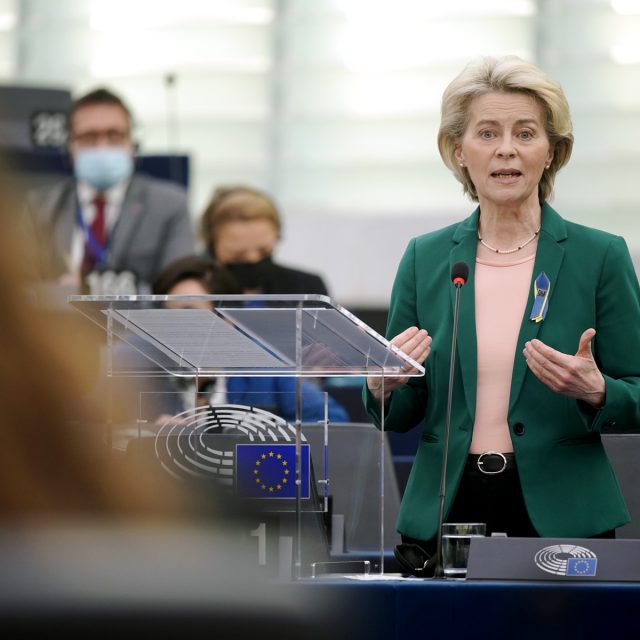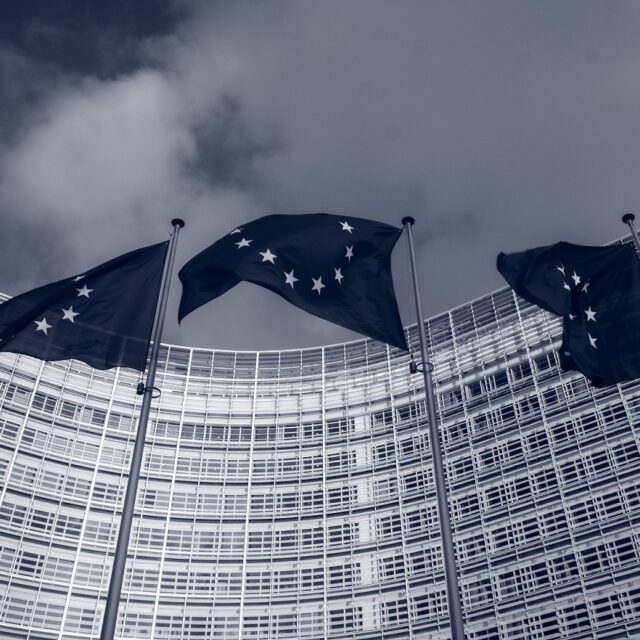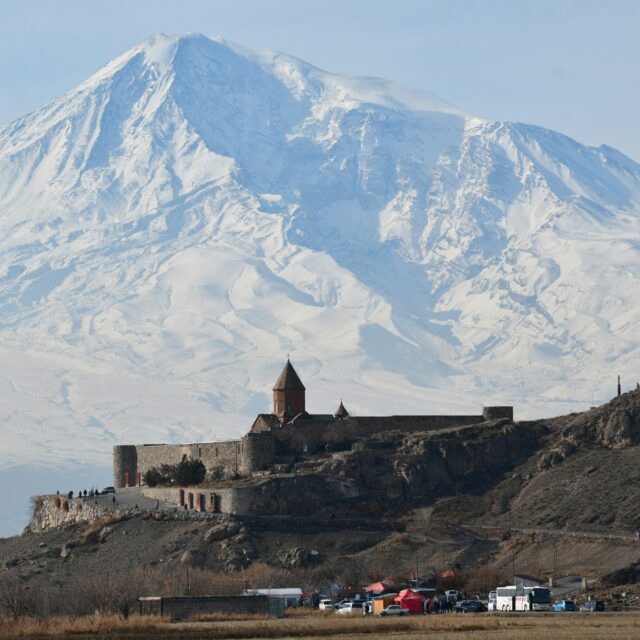Photo by Christian Feng on Unsplash
The collaboration between China and Russia has intensified significantly over the past two years during the ongoing war in Ukraine. Despite its feigned neutral position, China continues to support Russia, supplying it with arms and dual-use goods. In the light of these developments and China’s increased engagement in peacekeeping efforts, there is a pressing need for a comprehensive response to the growing China-Russia partnership.
French Senator Guillaume Gontard, a member of the Defence and International Relations Committee, suggested that banning the import of products made with forced labour could be an initial step in addressing this issue. He emphasized that “there is no doubt that China is supporting Russia’s military aggression against Ukraine. Convincing China to abandon this stance will not be easy, but we can influence its economic interests. However, our significant dependence on Chinese goods complicates this matter.”
Senator Gontard added, “Nevertheless, we must act to protect our values and mitigate China’s influence. That’s why environmentalists in the European Parliament and the French Parliament are advocating for a ban on all Chinese products produced using forced labour from the oppressed Uyghur population. While this measure may not be sufficient on its own, it represents a first step for Europe to assert its position regarding China.”
U.S. Deputy Secretary of State Kurt Campbell has noted that China is providing substantial support to bolster Russia’s military capabilities, while Moscow, in turn, is sharing sensitive military technologies with Beijing. Most European nations agree that limiting China-Russia cooperation is essential, as it undermines European security and contributes to human rights violations, particularly against the Uyghurs.
The Finnish Parliament has also called for a unified EU strategy to counter China’s assistance to Russia in its aggression against Ukraine. Ate Haryanne, head of the Green parliamentary group in Finland and a member of the Defense Committee, stated that China plays a crucial role in supporting Russia’s war effort, especially by enhancing its economic capacity to sustain aggression. He urged the EU to develop a comprehensive strategy to address this support.
Previously, Pavel Fischer, the chair of the Defence Committee in the Czech Senate, called for recognising China as an accomplice in Russia’s military aggression against Ukraine. He argued that China’s support for Russian aggression places Beijing in a position of complicity in war crimes, posing a threat to international security. If this cooperation continues, its repercussions could extend to other regions, such as Taiwan and the South China Sea.




